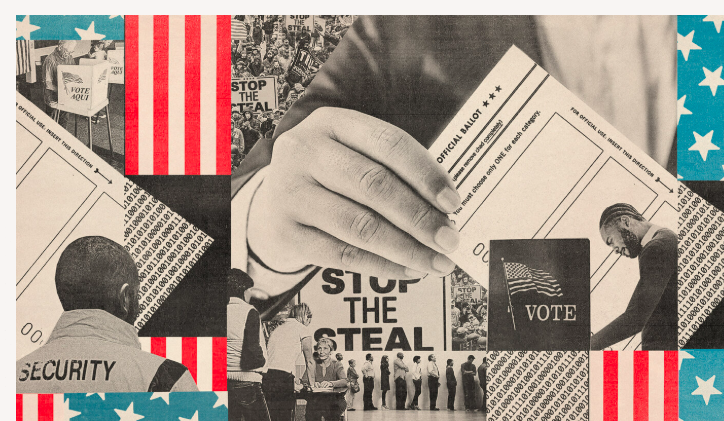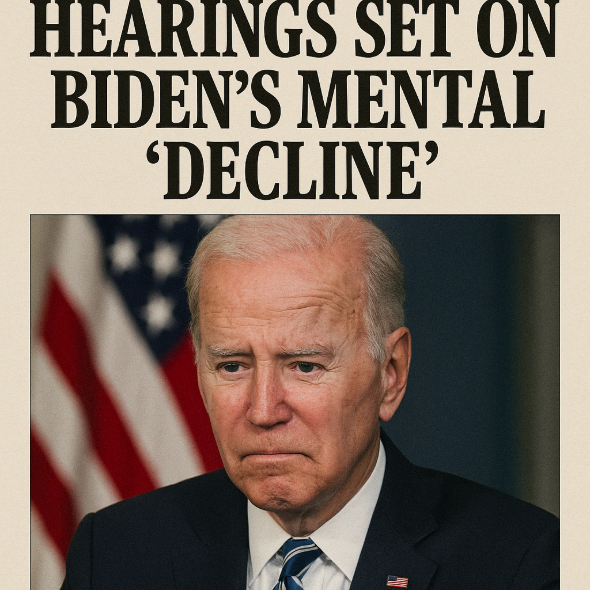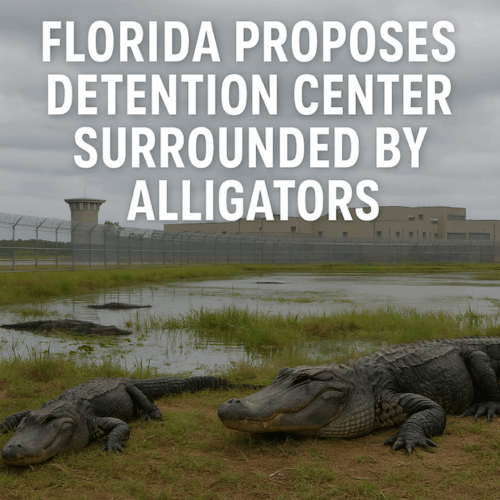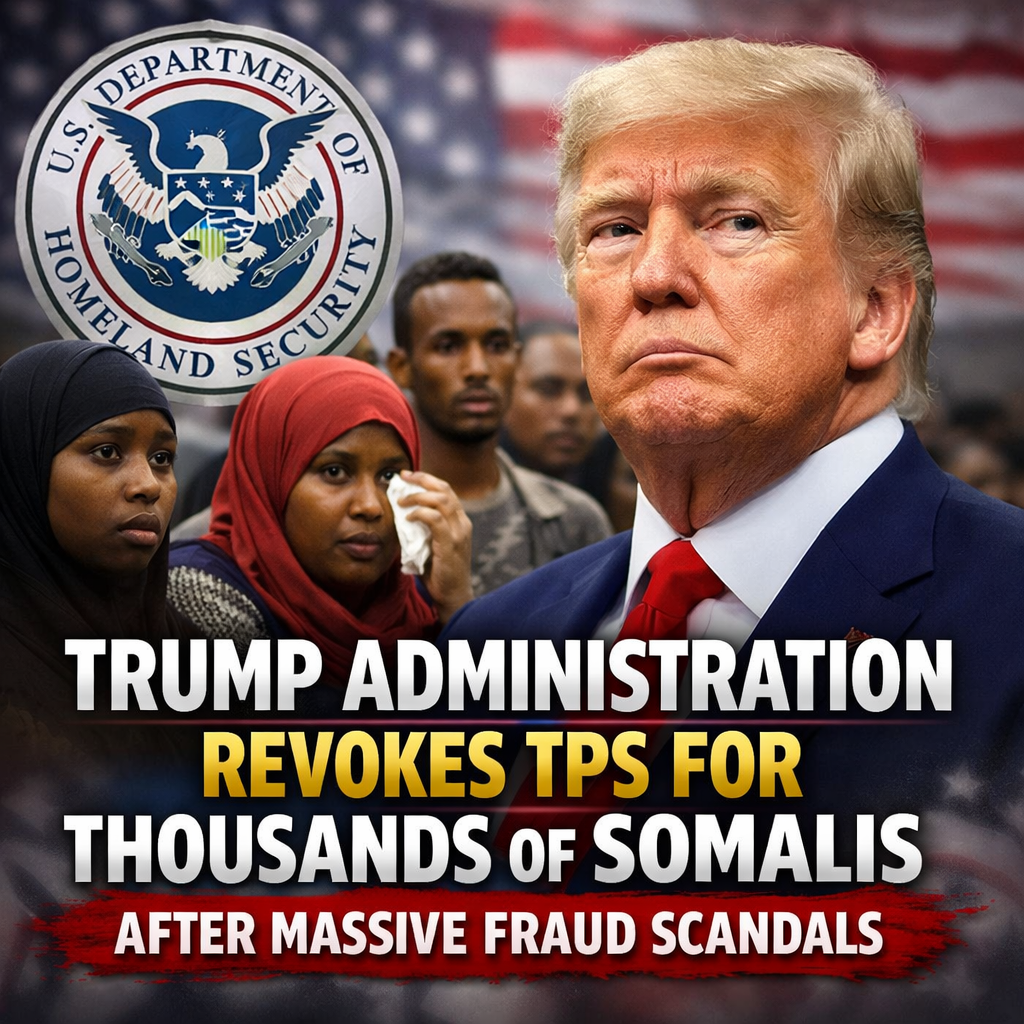A coalition of conservative election‑integrity organizations has urged the U.S. Supreme Court to bar the counting of mail‑in ballots received after Election Day, arguing the practice undermines federal law and robs Americans of confidence in the outcome.
In a June 10 filing, Honest Elections Project, Restoring Integrity and Trust in Elections, and the Center for Election Confidence submitted an amicus brief supporting the Republican National Committee and the Mississippi GOP. They contend that ballots arriving late—even with proper postmarks—violate 2 U.S.C. § 7 and blur the nation’s established Election Day. They assert: “Counting votes that are received after Election Day is not only illegal, it damages public trust in the democratic process,” as Jason Snead of Honest Elections Project stated.
The legal challenge arrives in the midst of increasing scrutiny on mail‑in voting deadlines. Mississippi currently permits ballots postmarked by Election Day to be counted up to five business days later. A Fifth Circuit court struck down this provision, ruling it in conflict with federal statutes, but the law remains temporarily in effect pending Supreme Court review.
The plaintiffs ask the Court to establish a uniform rule: ballots must be in hand by the close of polls on Election Day. They emphasize consistency with Foster v. Love (1997), which affirmed that “final selection of an officeholder” must occur by Election Day Washington Examiner. Lisa Dixon of the Center for Election Confidence echoed this need for clarity: “It is vital for voters’ confidence that clear deadlines are imposed for mail ballot return and receipt,” she said Washington Examiner.
Justin Riemer, president of RITE, warns the lack of a uniform deadline effectively “changes the date of the election — something only Congress can do” Washington Examiner.
Their brief urges action before the 2026 midterms, citing concerns over public trust and electoral stability.
Beyond Mississippi, the Supreme Court has already agreed to review Bost v. Illinois. That case centers on ballots submitted up to 14 days post‑Election Day if postmarked on time. In that dispute, the Court will examine the federal standing of challengers, though it may not reach the substantive issue of ballot receipt deadlines. Arguments are expected this fall, with a ruling anticipated by June 2026.
A growing number of states—17, plus D.C.—permit late ballots. Conservative groups argue this trend erodes public confidence. Meanwhile, the Biden Justice Department defends such statutes, emphasizing protections for overseas and military voters.
This effort also builds upon former President Trump’s March executive order, which directed the Justice Department to challenge late‑arriving mail ballots on the grounds that they conflict with federal election laws—including statutes establishing Election Day. That order is currently on hold due to legal challenges.
Conservative‑leaning states such as Kansas, North Dakota, and Utah have already passed laws eliminating “grace periods” for mail‑in ballots, mandating receipt on or before Election Day. These legislative moves are framed as guaranteeing uniformity and preventing partisan advantage AP News.
Supporters of strict deadlines argue that extended counting periods invite suspicion and conspiracy theories. They assert the public expects definitive results on Election Night, and any delay fosters distrust—even if votes are legally cast.
Republican lawmakers draw parallels to sports: Kansas state Sen. Mike Thompson praised analogous deadlines, saying, “We need this uniform end to the election just so that we know that all voters are operating on the same time frame”.
Critics counter that late‑arriving ballots—legitimately post‑marked—do not constitute fraud and are essential protections for absentee, military, and disabled voters . They view federal caps as an intrusion into state administration of elections.
The Supreme Court now faces a pivotal decision on federal versus state authority over election timelines, the rights of absentee voters, and the integrity of vote counts. The incoming term will require the justices to interpret whether Congress implicitly pre‑empted state flexibility by fixing the time for “final selection” under federal law.
The implications of the Court’s ruling are far‑reaching. A decision against post‑Election Day ballots could compel all states to adopt same‑day receipt rules—potentially disenfranchising voters in remote or rural areas, or those voting by mail during busy election periods. Conversely, affirming state discretion would preserve current practices and mailing infrastructure options.
Election integrity proponents, especially with a conservative Christian worldview, view this moment as fundamental. The sanctity of clear, fair electoral rules is paramount to civic trust and orderly self‑government. They argue that removing ambiguity and ensuring votes are counted by a set deadline reinforces accountability and aligns with biblical principles of truth and order.
As the Supreme Court prepares to weigh these issues this autumn, the nation watches closely. Tensions between expediency and accessibility, federal oversight and state control, remain at the heart of this consequential debate—one that will shape the nature of American elections for a generation.





